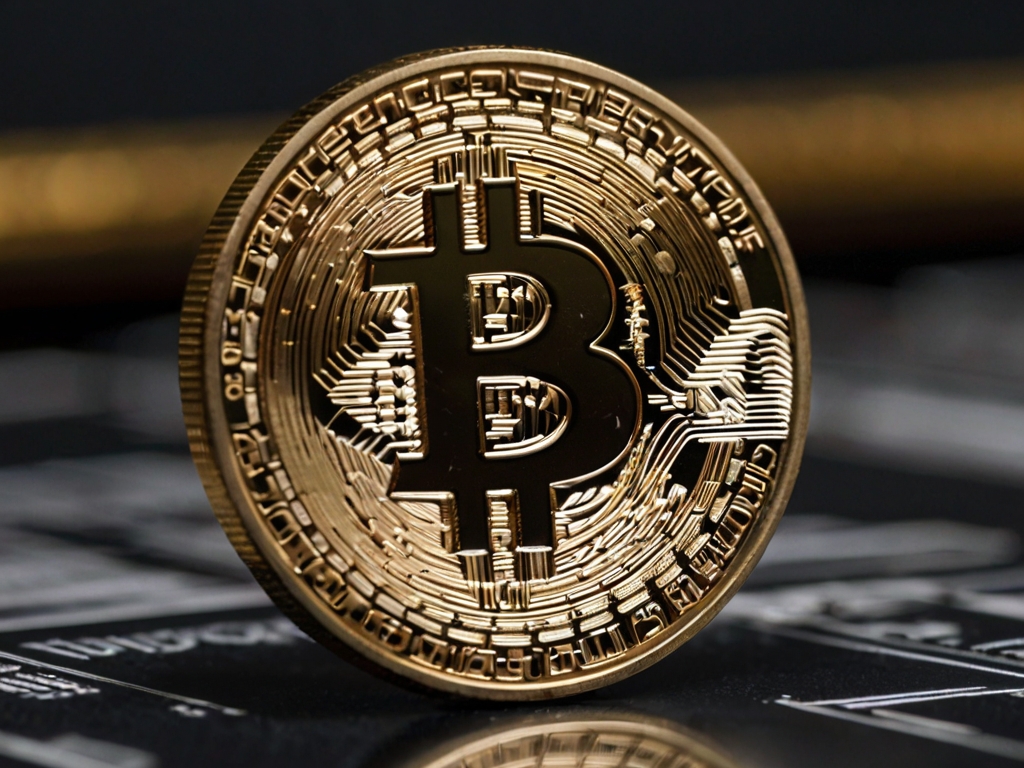Introduction
In recent years, Bitcoin has gained significant attention as a decentralized digital currency that operates on a peer-to-peer network. Its rising popularity and potential as an investment asset have prompted discussions around its integration into traditional financial systems. The Swiss central bank has now been urged to consider adding Bitcoin to its balance sheet, leading to debates regarding the advantages and challenges involved.
Advantages of Adding Bitcoin to the Balance Sheet
One of the main arguments supporting the inclusion of Bitcoin on the Swiss central bank’s balance sheet is its potential as a hedge against inflation. Bitcoin’s limited supply, with a maximum of 21 million coins, ensures that it cannot be inflated at the whim of central banks. This characteristic could provide a safeguard against economic downturns and currency devaluation.
Furthermore, incorporating Bitcoin could diversify the central bank’s holdings, reducing the reliance on traditional assets like gold and foreign currencies. The decentralized nature of Bitcoin also offers the possibility of storing value outside the control of any single entity or government, providing an additional layer of security.
Challenges and Considerations
Despite the potential benefits, there are several challenges and considerations that the Swiss central bank must evaluate before adding Bitcoin to its balance sheet. One key concern is the volatility of the cryptocurrency market. Bitcoin’s price has experienced significant fluctuations in the past, which could introduce unpredictability and risk to the central bank’s financial stability.
Another consideration is the regulatory aspect surrounding Bitcoin. As the cryptocurrency industry is still evolving, regulations vary across different jurisdictions. The Swiss central bank would need to navigate the legal landscape and ensure compliance with applicable laws and regulations, which may involve additional costs and complexities.
Conclusion
The debate surrounding the inclusion of Bitcoin on the Swiss central bank’s balance sheet reflects the growing recognition of cryptocurrencies as legitimate financial instruments. While the potential benefits, such as a hedge against inflation and diversification, are enticing, the risks and challenges must also be carefully considered. As the cryptocurrency ecosystem evolves and matures, central banks worldwide will continue to evaluate the role of digital currencies within their monetary frameworks.





